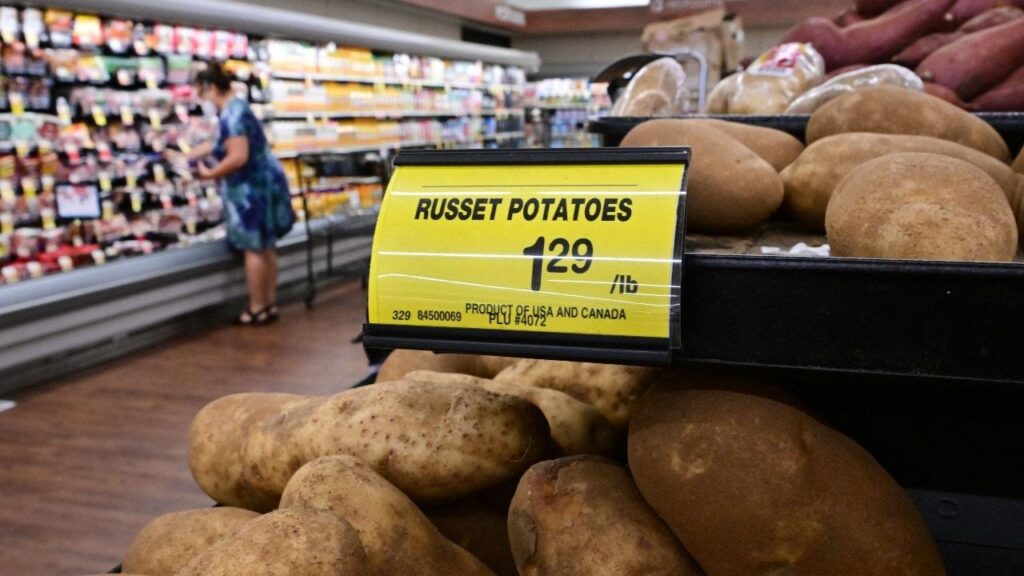

Residents of more than 30 states who rely on federal assistance for food will see benefits shrink by March.
The temporary boost to Supplemental Nutrition Assistance Program (SNAP) benefits put in place during the COVID-19 pandemic — known as emergency allotments — is set to end nationwide after the February 2023 issuance.
For 32 states — as well as Washington, D.C.; Guam and the U.S. Virgin Islands — benefits will return to normal amounts next month.
Some states had already stopped issuing those allotments, including Alaska, Arizona, Arkansas, Florida, Georgia, Idaho, Indiana, Iowa, Kentucky, Mississippi, Missouri, Montana, Nebraska, North Dakota, South Carolina, South Dakota, Tennessee and Wyoming.
More than 41 million Americans receive food-buying benefits through SNAP.
“That’s why it’s so important they know what’s happening to their benefits — and when — so they can plan for themselves and their families,” the Department of Agriculture’s Food and Nutrition said in a release.
The department noted that the end of the allotments would be a “substantial change” for many households.
“We are working closely with all our federal, state and local partners to ensure SNAP participants are aware of the upcoming changes, so they aren’t caught by surprise,” it said.
Anyone looking for additional information is advised to contact their local SNAP office or contact the department’s Hunger Hotline.
